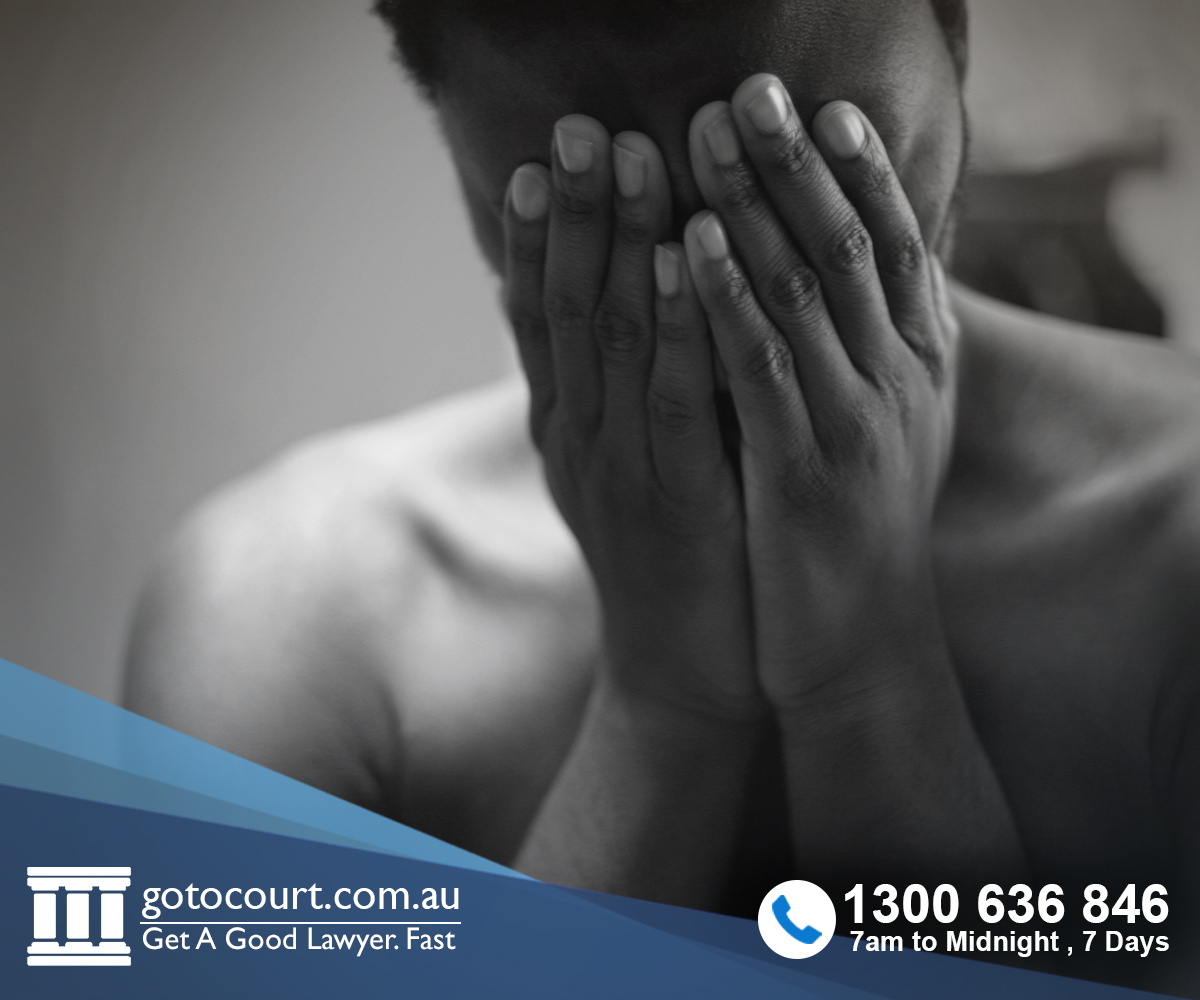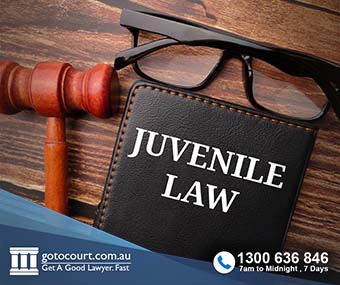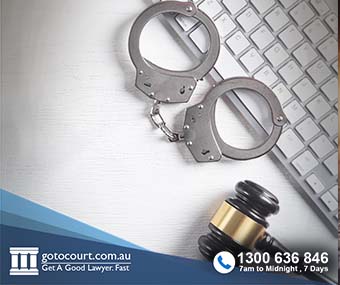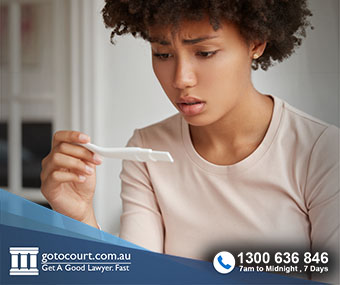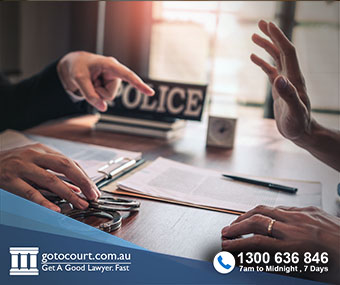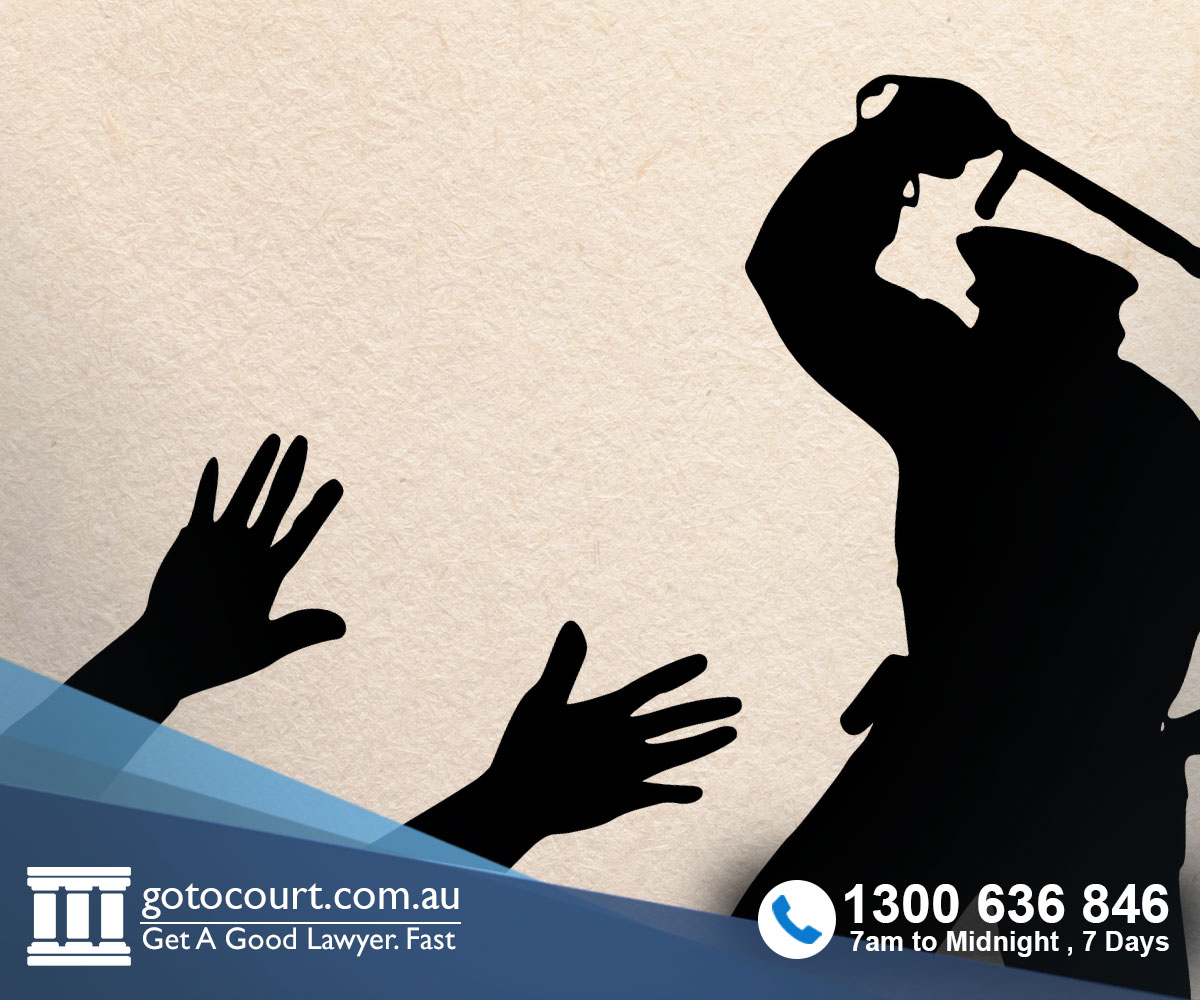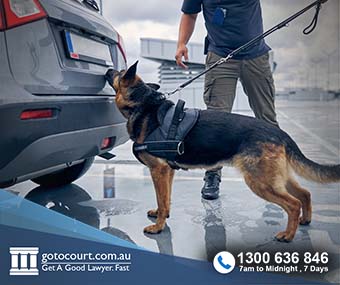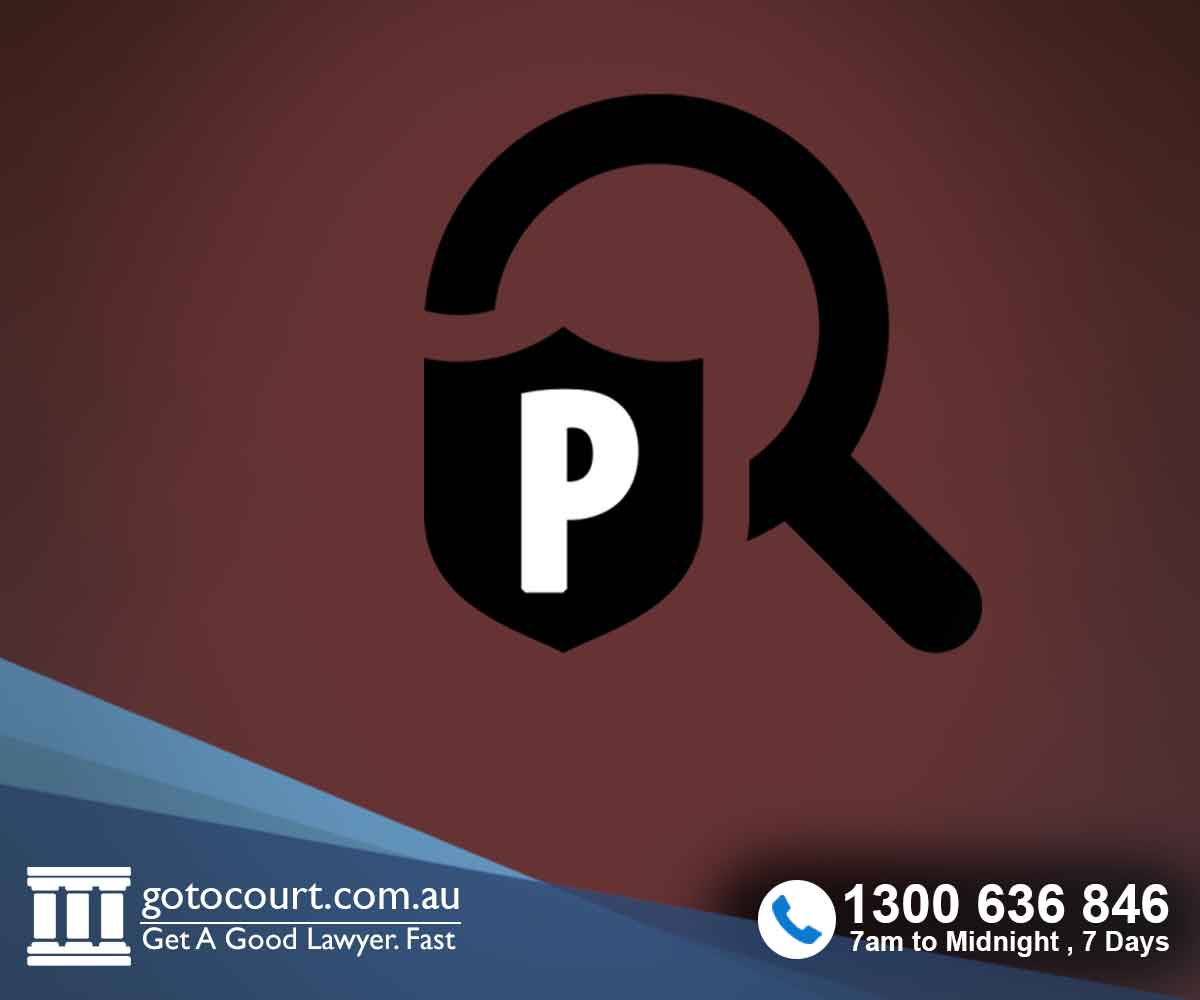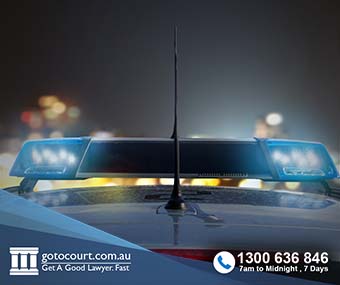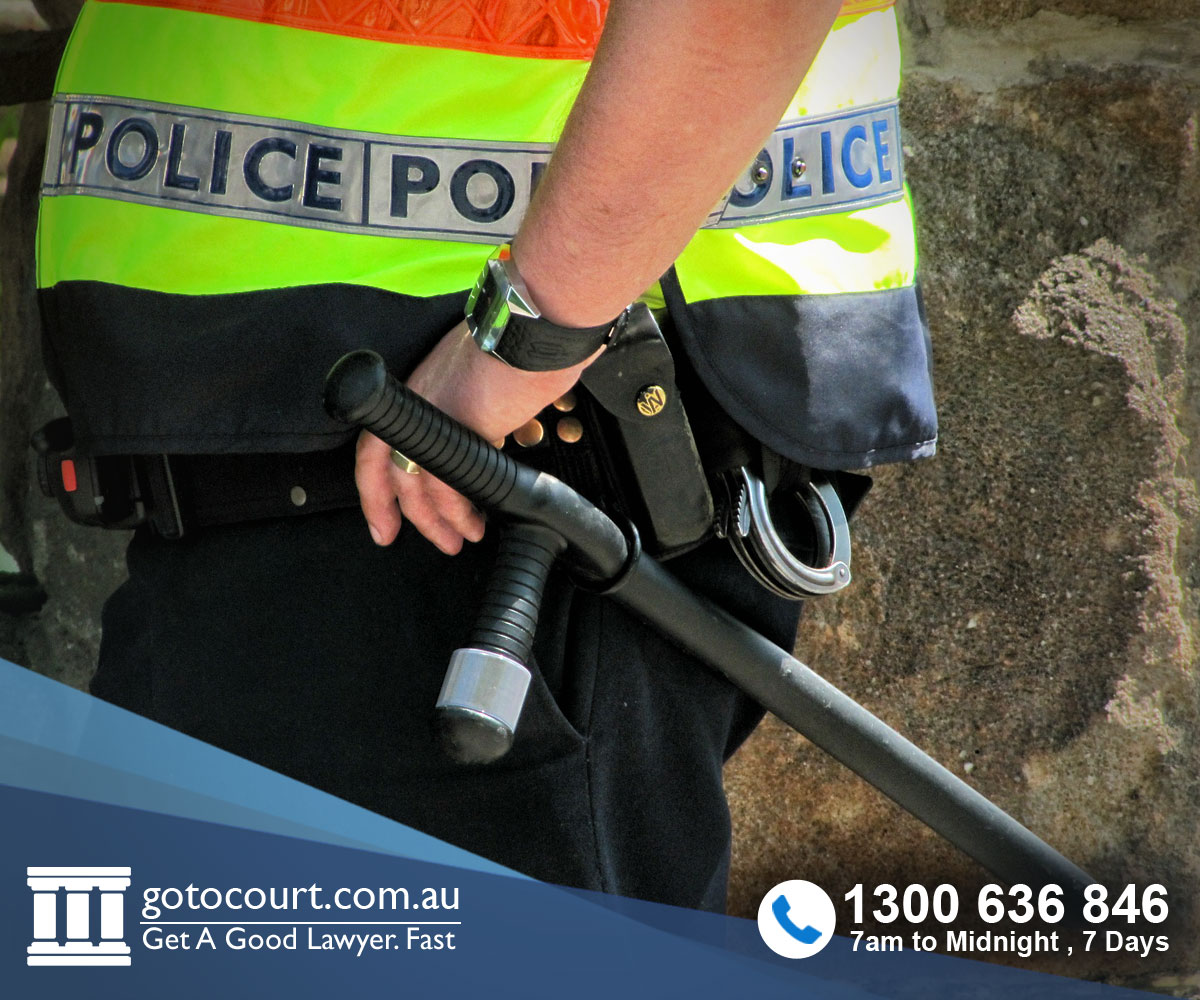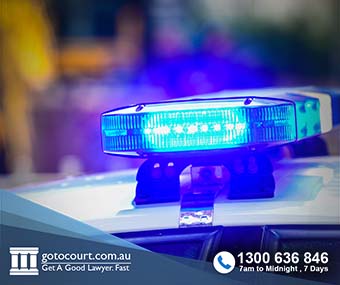Call our lawyers
now
or,
have our lawyers
call you
Reporting Police Misconduct in Queensland
Updated on Nov 08, 2022 • 5 min read • 714 views • Copy Link
Reporting Police Misconduct in Queensland
In Queensland, police are subject to the laws about corrupt conduct and police misconduct under the Crime and Corruption Act 2001. This Act requires that most police complaints, other than the most serious, are to be dealt with by the Queensland Police Service (QPS). This article deals with reporting police misconduct in Queensland.
Police misconduct in Queensland can be divided into three categories:
- customer service issues
- police misconduct
- corrupt conduct.
All matters can be reported to the QPS – you can find your nearest police station online. However, the QPS may refer more serious matters for investigation by the Crime and Corruption Commission (CCC). The CCC may also play an active role in overseeing how the QPS deals with the matter.
Anyone who makes a complaint knowing it to be untrue, may be prosecuted under the Crime and Corruption Act 2001 or the Police Service Administration Act 1990.
Customer service complaints
The least serious form of complaint regarding police misconduct in Queensland relates to customer service issues. These should be reported directly to the QPS using the online complaint form or at any police station.
Customer service issues include:
- a slow response to your call
- rudeness
- an officer failing to properly identify him/herself.
Police misconduct in Queensland
The next most serious category is police misconduct. This can be reported to the QPS or the CCC. This is any behaviour that:
- is improper, disgraceful or unbecoming of a police officer
- shows that the officer is unfit to be a police officer
- doesn’t meet the standards the community expects of a police officer.
Suspected police misconduct can be reported by anyone. You do not need proof, just good reason to believe that the conduct has occurred.
If the Commissioner of Police reasonably suspects that a complaint lodged with the QPS involves police misconduct, the Commissioner must notify the CCC.
Corrupt conduct in Queensland
The most serious category of police misconduct in Queensland – corrupt conduct – can also be reported to the QPS or the CCC. The CCC is notified of the more serious matters reported to the QPS and they will monitor the way in which the QPS deals with them. The CCC also has extensive powers to investigate.
Corrupt conduct is conduct which occurs in relation to an officer’s duties, that is a criminal offence or is serious enough to justify dismissal, and that:
- lacks impartiality or is dishonest
- involves a breach of trust
- is a misuse of officially obtained information.
Reports must generally be made by statutory declaration. However, you may report corruption without a statutory declaration:
- if you are making a public interest disclosure
- if you fear retaliation
- if you have a disability or personal or physical disadvantage that affects your ability to submit your complaint by statutory declaration.
If you report suspected corruption without a statutory declaration, the CCC may consider your information but may not be able to deal with your concerns.
Making a complaint
You can make a complaint about police misconduct in Queensland by attending at any Police Station. The Police will assist you by collecting all necessary information.
You can also write to the State Coordinator ESC, Qld Police Headquarters, 200 Roma Street, Brisbane Qld 4000 or send an email to [email protected]. You can also complain online.
If you wish to complain directly to the CCC you can telephone (07) 3360 6060, or post your complaint to Crime and Corruption Commission, GPO Box 3123, Brisbane Qld 4001.
In your complaint, include as much detail as you can about the matter, including:
- what happened
- when and where it happened
- whether there were any witnesses
- whether there is proof of any damage or injury or any other evidence (such as photographs);
- whether the matter has been reported to anyone else
- what outcome you are expecting – for example, an apology, action that may prevent the problem occurring again, or disciplinary action against the officer concerned.
Although not essential, it is also helpful if you provide your contact details in case any more information is required and so you can be advised of what action, if any, is taken.
Dealing with police misconduct in Queensland
Minor matters of police misconduct in Queensland are usually handled through informal processes such as managerial resolution and mediation.
Managerial resolution means that the officer’s supervisor or manager discusses the complaint with you and the officer in question and tries to come up with a strategy to address any inappropriate behaviour. Mediation means that you and the officer come together with trained independent mediators to discuss the matter in a neutral and confidential setting.
More serious matters may need to be investigated. If you have suffered an injury, it may be necessary to have it photographed and to obtain copies of medical certificates. If you have suffered a different form of loss or damage, it may be necessary to obtain evidence of the loss. Any other person who can provide information relevant to your matter will also be interviewed.
The officer could be:
- charged with a criminal offence
- brought before a Corruption Tribunal on a disciplinary charge
- subjected to other disciplinary action, depending on the conduct in question.
The penalties available range from a reprimand or caution to dismissal from the force. If a criminal offence was committed the officer may also be charged for the offence.
If you require legal advice or representation in any legal matter, please contact Go To Court Lawyers.


Affordable Lawyers
Our Go To Court Lawyers will assist you in all areas of law. We specialise in providing legal advice urgently – at the time when you need it most. If you need a lawyer right now, today, we can help you – no matter where you are in Australia.How It Works








1. You speak directly to a lawyer
When you call the Go To Court Legal Hotline, you will be connected directly to a lawyer, every time.


2. Get your legal situation assessed
We determine the best way forward in your legal matter, free of charge. If you want to go ahead and book a face-to-face appointment, we will connect you with a specialist in your local area.


3. We arrange everything as needed
If you want to go ahead and book a fact-to-face appointment, we will connect you with a specialist in your local area no matter where you are and even at very short notice.




